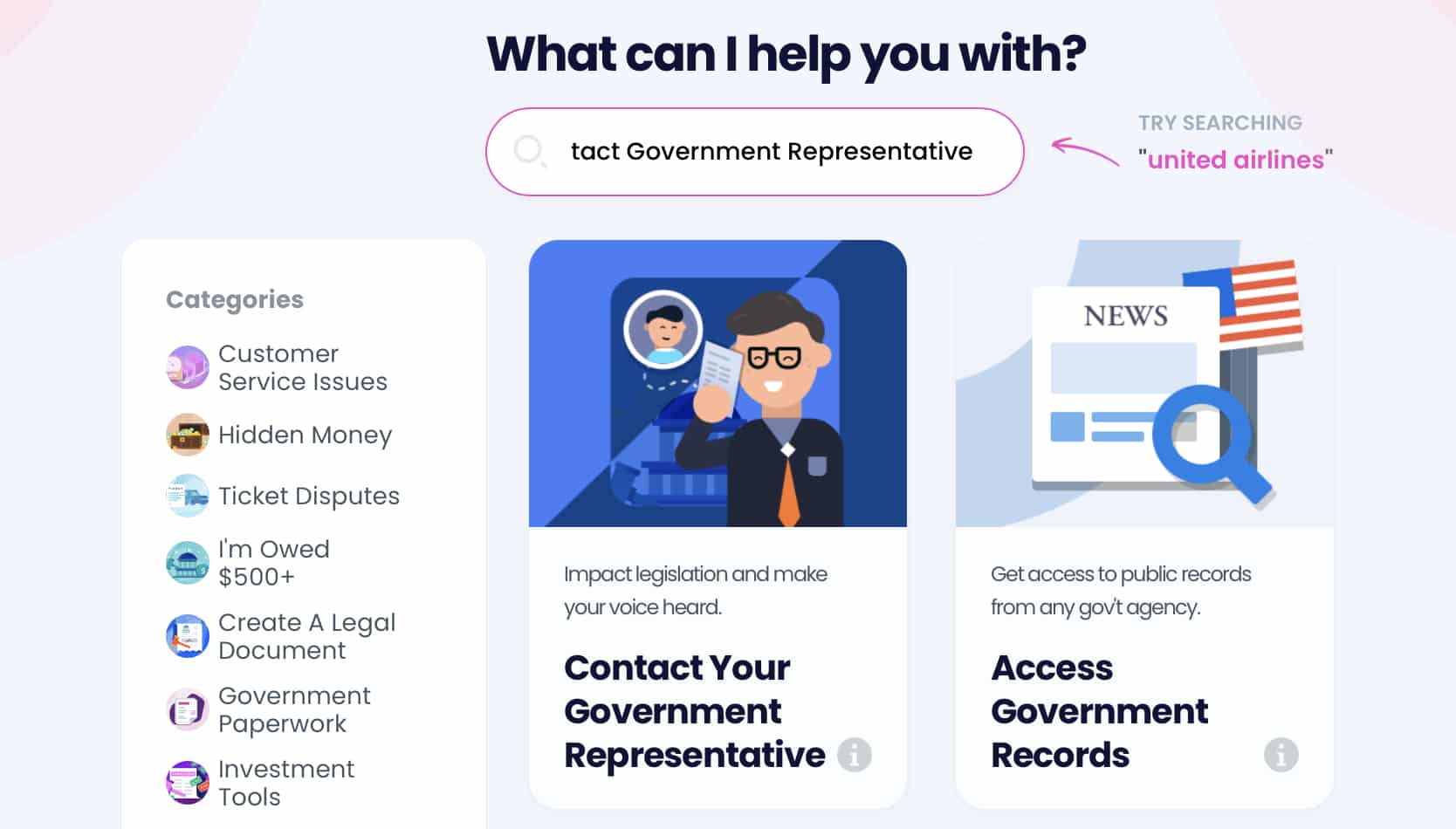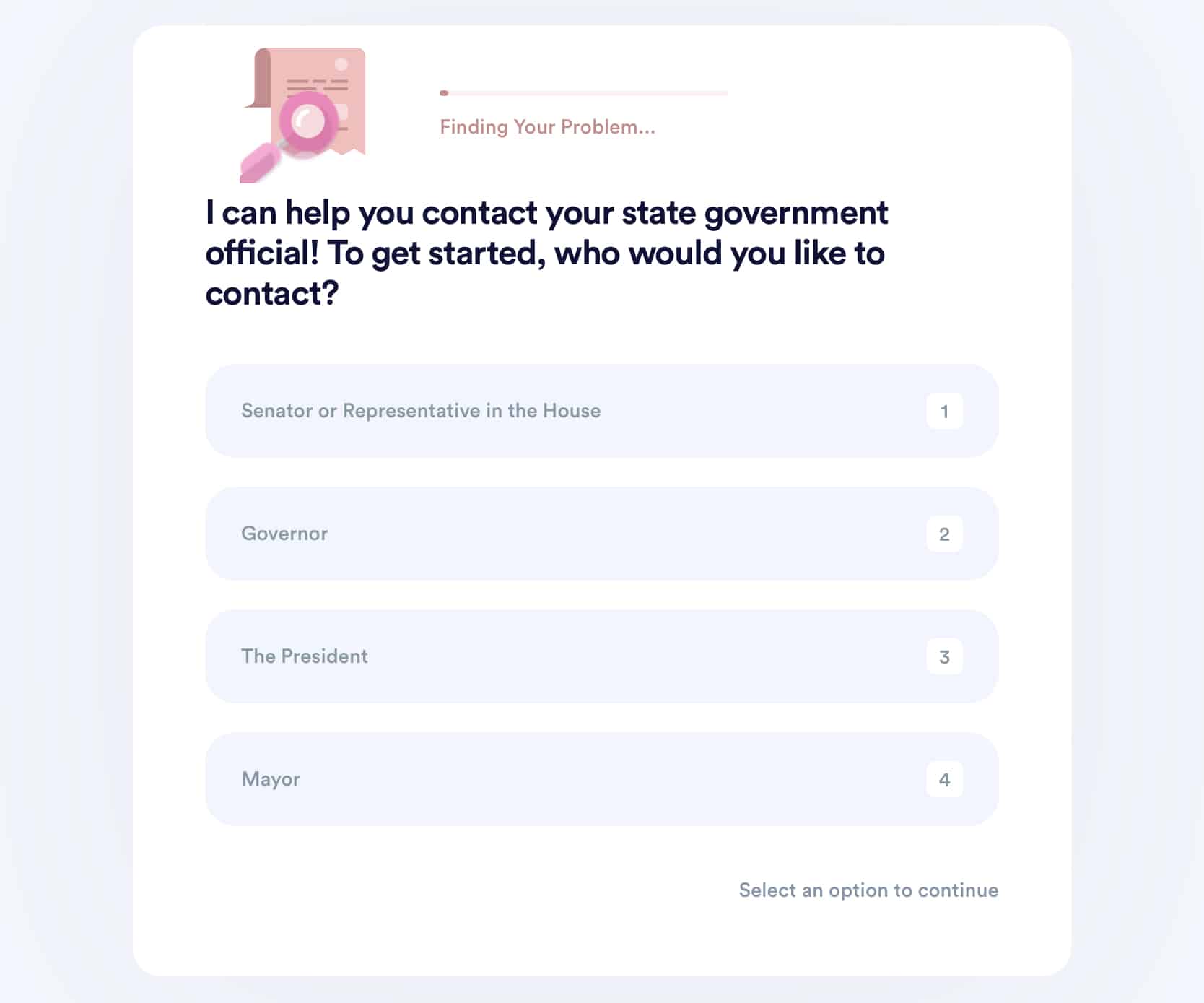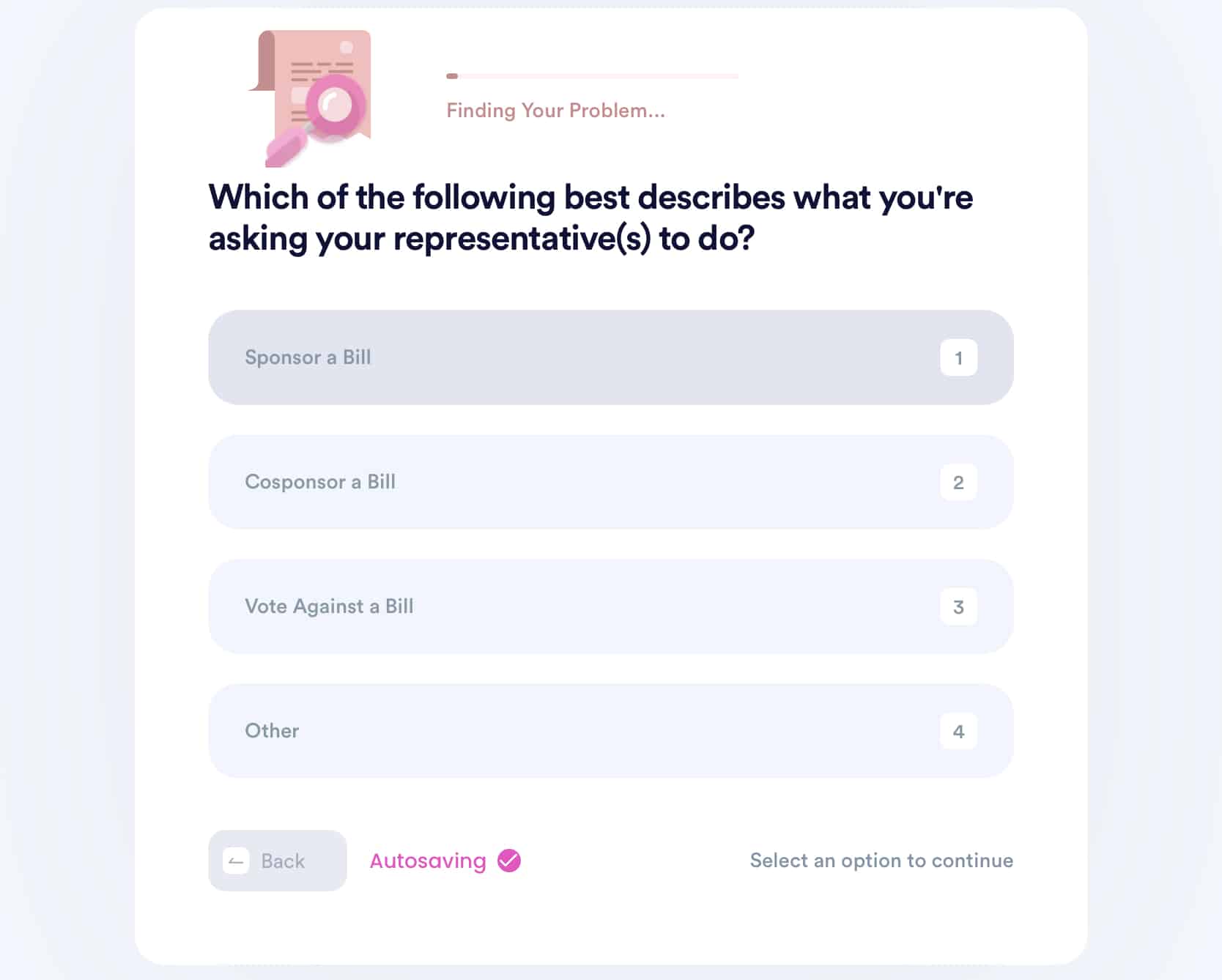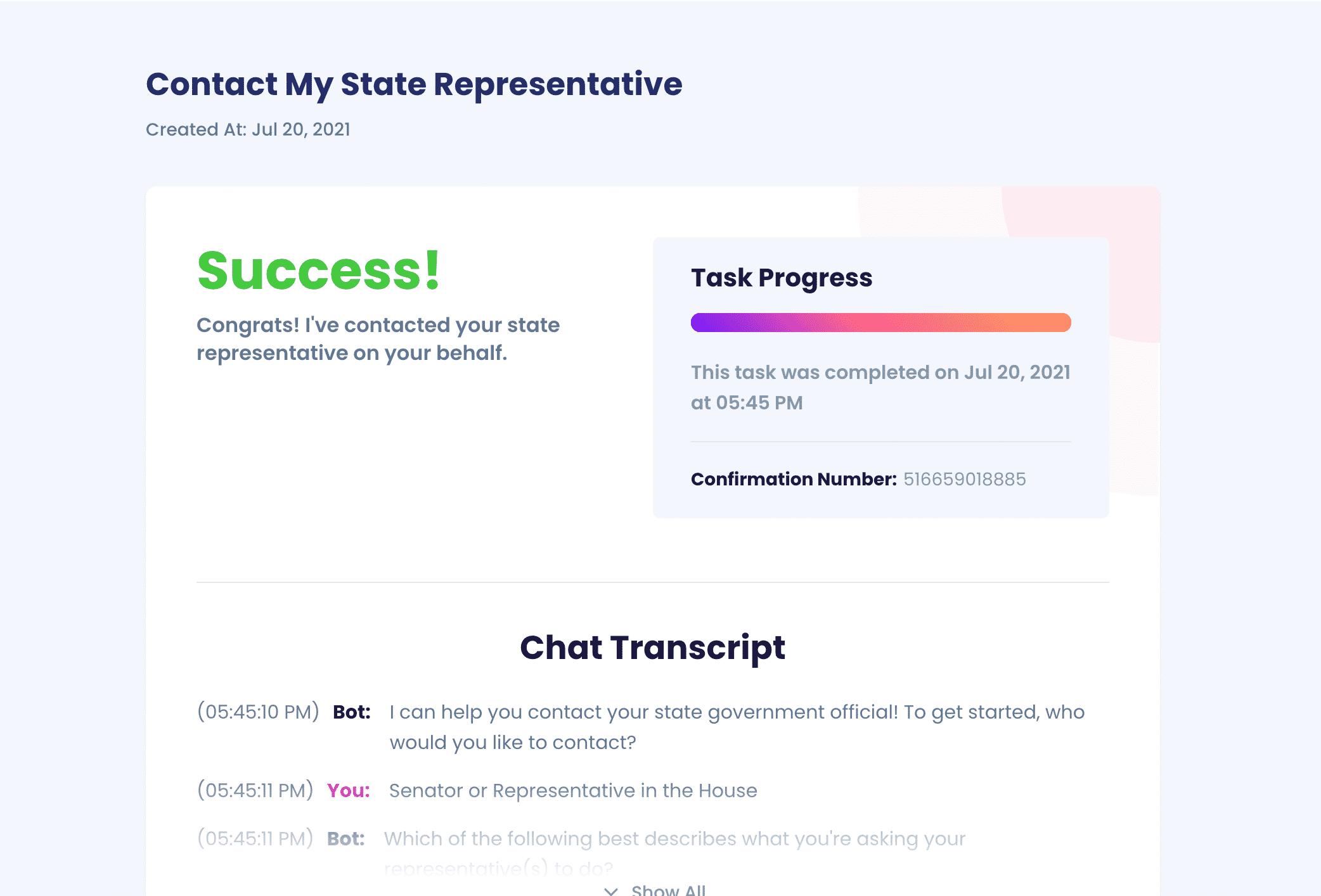Guide - Call Your Representative Script
With the numerous issues that face Americans these days, sometimes getting more politically involved can help. However, if running for office is not in your best interests, the next best thing is to call your elected officials. We understand that it’s easier said than done as:
- Some citizens don’t know who their representative is.
- Others don’t know where to start looking for their representative’s phone number.
- Most don’t know what to do or say in a call with a senator or governor.
If these sound like you, read on. In this article, we will provide you with a step-by-step guide on how to call your representative or senator. We will also include a script for calling your representative that you can easily personalize.
Things to Remember When Calling a Representative
A phone call is one of the best ways to have your opinions heard. Similar to letters, the legislative staff in the office can also track the number of calls they receive on a specific issue. Numerous phone calls on one issue raise your representative’s awareness of how strongly their constituents feel about a topic. When calling your representative, here are some tips to consider:
- Use words accurately in order for the aide to understanding your opinion correctly.
- Be respectful when talking to staff who answer the phone regardless of their political affiliation.
- Personalize your call by adding your unique story even if you intend to use a script.
- Let the elected officials know that you are a constituent
- Know the basic facts of the issue that you're calling about and let the legislators know what you believe they should do.
- Establish credibility in an issue by stating your professional expertise with the said issue. This also opens the door for more communication as the aide may ask for your professional advice.
- Keep calls brief and concise as your representative’s office may receive large volumes of calls daily.
- Be timely by making a call when you know votation on a specific issue is about to be opened.
A Step-by-Step Guide to Calling Your Representative?
Since an incessantly ringing phone is difficult to ignore, calling is one of the most effective ways of putting pressure on your representatives. When there is a large volume of calls on an issue, it affects your senators’ or representatives’ office’s productivity and puts their processes to a halt. It upgrades a legislative issue to the top of the priorities list and makes it impossible for the office staff to complete other tasks. When calling your senator or representative, here are some steps to follow:
- Focus on one issue to tackle during the call – In contrast to a town hall or in-person meeting, a phone call is more effective when you stick to one issue for clarity.
- Find the contact details for your representative’s office – There are several tools on the internet where you can find your representative or senator’s contact details.
- Use a script or compose your own script – If making calls makes you anxious or you're not sure what to say in a phone call, then you may use a script.
Script For Calling Your Representative
It can sometimes be more effective to contact the representative in your district or state instead of Washington DC. If you're calling about a national issue such as the election or other timely issues, you may call the national office. However, if you're calling about an issue that affects only your district, getting in touch with a local office is more suitable. Here is a sample script that you can use:
| What It Is |
Example |
| Your name and state | Hello, my name is [insert your name]. I'm a constituent from [insert your state], zip code [insert your zip code]. |
| State the specific issue | I am calling to ask [insert your representative’s name] to support/repel [insert an issue]. |
| Explain what you would like the representative to do | Please vote ‘No’ on cutting funds for healthcare [or insert specific programs]. |
| End your call respectfully | Thank you for your hard work! |
DoNotPay Can Help You Contact Your Government Representative
Sometimes, even with a script in hand, calling your representative can still be a nerve-wracking experience. In some cases, when leaving a message, you can not be sure if it will be passed on to the correct representative. You may also send an email but you need to make sure that it is professionally written and uses valid points. That is where can help. Our service can help you contact any government representative without the hassle and the stress. All you have to do is:
1. Search "Contact Representative," "Legislator," etc. on .

2. Select whether you want to contact your Senator, House of Representative, Governor, President, or Mayor.

3. Explain why you're contacting your representative. (i.e. Do you want them to sponsor, cosponsor, or vote against a bill?)

DoNotPay will handle the rest for you and make sure your message gets delivered. Our bots will fill the contact forms on your legislator's website on your behalf.

DoNotPay Can Do A Lot More!
- Contact Embassies and Consulates
- Fight Workplace Discrimination
- And more!


